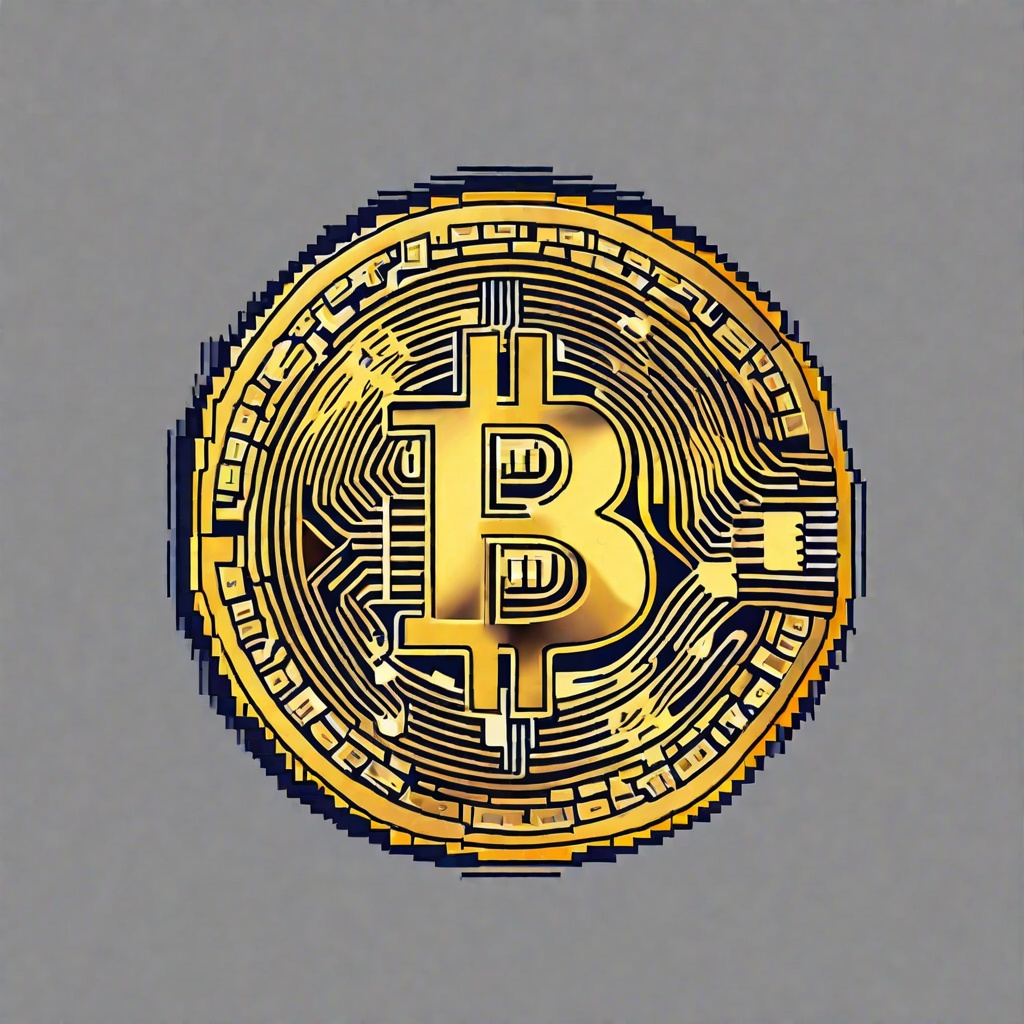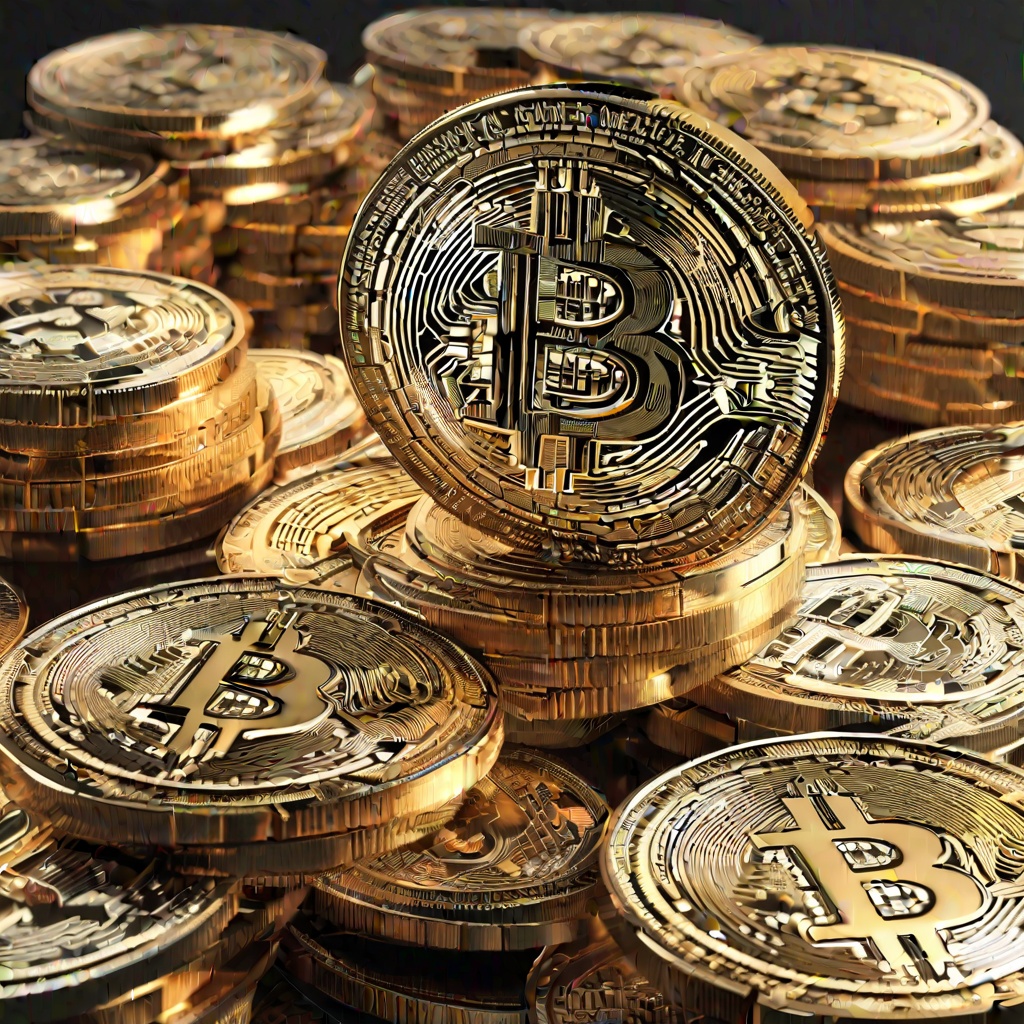How do market makers manage cryptocurrencies?
I want to understand how market makers operate in the cryptocurrency market. Specifically, what strategies and tools they use to manage digital assets and ensure liquidity in this highly volatile environment.

Are high-frequency traders really market makers?
I've heard that high-frequency traders are often referred to as market makers. But I'm not sure if they really are. Do they actually contribute to the market's liquidity, or are they just profiting from quick trades?

Can market makers manipulate prices?
It's a valid concern that many investors have in the world of cryptocurrency and finance: can market makers manipulate prices? Market makers, by their very nature, play a crucial role in maintaining liquidity and price stability in the market. However, the question remains whether they can use their influence to unfairly skew prices in their favor. So, let's delve deeper. Can market makers truly manipulate prices, or is this merely a misconception? And if they can, what measures are in place to prevent such behavior and ensure a fair and transparent market for all participants? Join me as we explore these questions and more, as we delve into the complex world of market making and its potential impact on the cryptocurrency and finance landscape.

Do market makers pay fees?
Could you please clarify if market makers are indeed required to pay fees in the cryptocurrency and finance landscape? If so, what types of fees do they typically incur, and how do these fees impact their operations and profitability? Are there any regulatory frameworks or market conventions that dictate these fee structures? Furthermore, are there any strategies that market makers employ to minimize or offset these expenses? It would be insightful to understand the nuances of this question within the broader context of market dynamics and industry practices.

Do market makers charge a markup?
Excuse me, could you please clarify for me the practice of market makers in the context of cryptocurrency trading? Specifically, I'm wondering if they typically charge a markup on the prices they offer to buyers and sellers. How does this markup work, and is it a standard industry practice? I'm trying to get a better understanding of the costs associated with trading through market makers and how it might impact my investment decisions. Thank you for your help.

